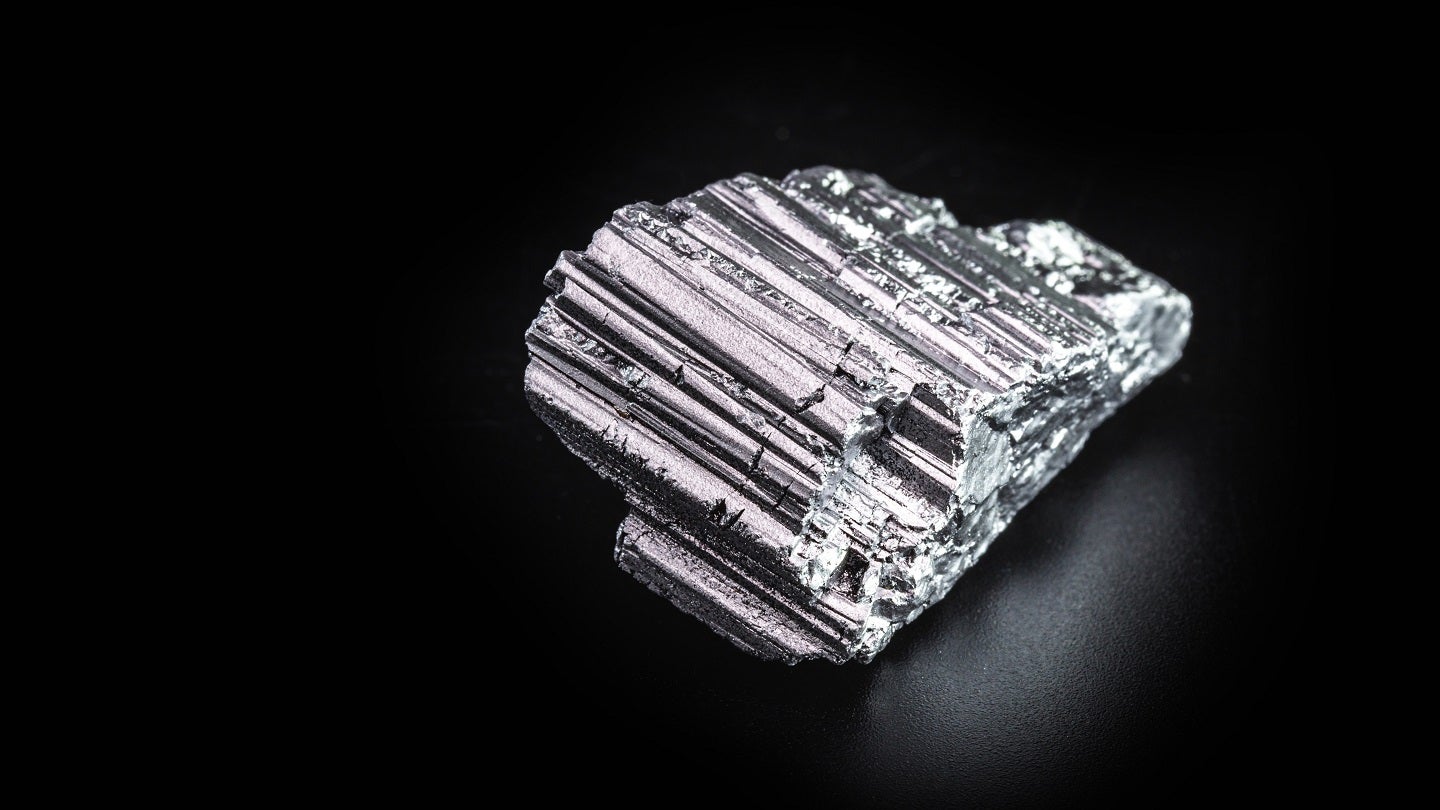
China has banned the export of technology essential for extracting and separating rare earth to maintain its hegemony in the sector, reported Reuters.
Rare earths, a group of 17 metals, are critical in the production of magnets that are used in electric vehicles, wind turbines, and various electronic devices.

Access deeper industry intelligence
Experience unmatched clarity with a single platform that combines unique data, AI, and human expertise.
Last year, the Chinese commerce ministry sought public opinion on the potential addition of technologies for creating samarium-cobalt magnets, neodymium-iron-boron magnets, and cerium magnets to its “Catalogue of Technologies Prohibited and Restricted from Export” list.
The recent update to the catalogue also includes a ban on technology for producing rare-earth calcium oxyborate and rare earth metals, expanding upon an earlier restriction on the production of rare earth alloy materials.
The catalogue’s objectives are stated as safeguarding national security and the public interest.
This year, China has significantly increased regulations on the export of several metals, highlighting the growing tension with Western countries over the control of vital minerals and technologies.

US Tariffs are shifting - will you react or anticipate?
Don’t let policy changes catch you off guard. Stay proactive with real-time data and expert analysis.
By GlobalDataIn August, China introduced export permits for chipmaking materials such as gallium and germanium.
Since 1 December 2023, similar requirements have been imposed for various types of graphite.
China’s decision to protect its rare earth technology comes at a time when Europe and the US are actively seeking to reduce their dependence on Chinese rare earths.
Based on estimations, China holds over 90% of the global market share for samarium cobalt magnets and approximately 84% of the neodymium magnet market.
The trade conflict between the US and China has considerably influenced international trade.
To diminish China’s influence in key sectors such as semiconductors, electronics, and electric vehicles, the US has enacted a series of trade restrictions over the last half-decade.
In the upcoming years, there will likely be a greater need for rare earth elements, especially as sustainable energy projects gain traction.
According to GlobalData, by revising its list of technologies that are off-limits for export, China aims to consolidate its command over the rare earth magnet market and secure its position in the burgeoning energy transition industry.







